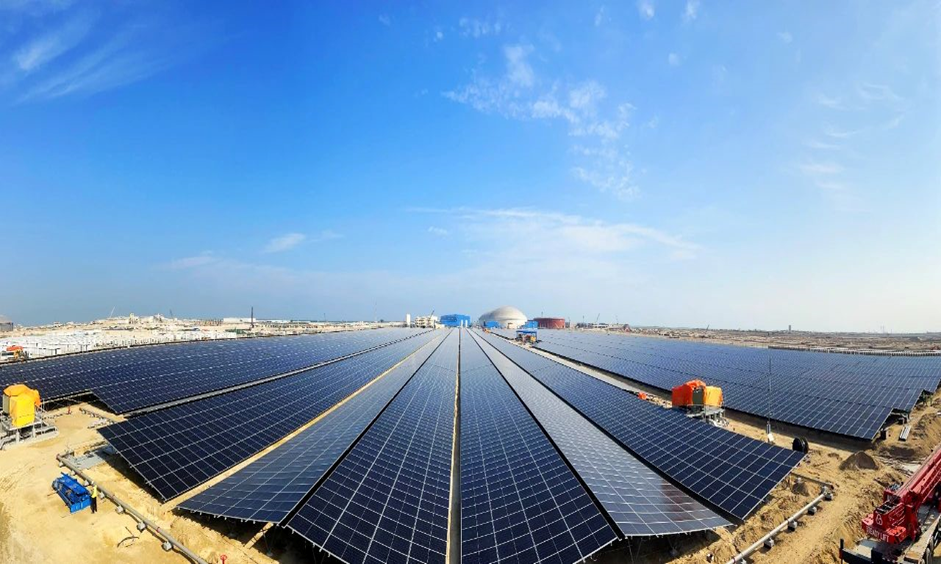
12 月 . 10, 2024 05:04 Back to list
Global Trends in Battery Energy Storage System Exporters and Market Dynamics
The Global Battery Energy Storage System Market Trends and Export Opportunities
In recent years, the battery energy storage system (BESS) market has gained significant traction, driven by the increasing demand for renewable energy integration, grid stability, and energy efficiency. As countries worldwide transition towards sustainable energy solutions, the export opportunities for battery storage technologies are rapidly expanding. This article explores the current state of the BESS market, key global players, and factors influencing the growth of exports.
Overview of the Battery Energy Storage System Market
Battery energy storage systems play a crucial role in addressing the intermittency of renewable energy sources like solar and wind. They provide a means to store excess energy generated during peak production times and release it when demand is high, thereby enhancing grid reliability and efficiency. According to industry reports, the global BESS market is projected to grow from approximately USD 10 billion in 2021 to over USD 30 billion by 2026, reflecting a compound annual growth rate (CAGR) of around 30%.
Several factors contribute to this robust growth, including rising investments in renewable energy infrastructure, government incentives for energy storage solutions, and technological advancements in battery technologies such as lithium-ion, flow batteries, and solid-state batteries. The push for energy independence and environmental sustainability further amplifies the demand for efficient storage solutions.
Key Players in the Market
The BESS market consists of various players, ranging from established battery manufacturers to new entrants specializing in innovative storage solutions. Major companies operating in this space include Tesla, LG Chem, Panasonic, Samsung SDI, and BYD. These firms not only manufacture batteries but also design and deploy storage systems for a variety of applications—including residential, commercial, and utility-scale projects.
In addition to these established entities, numerous startups are emerging with groundbreaking technologies that promise to enhance the performance and reduce the costs of energy storage systems
. For instance, research into solid-state batteries offers the potential for higher energy densities and improved safety compared to traditional lithium-ion batteries, thereby attracting significant investment and attention.Export Opportunities and Challenges
battery energy storage system market exporters

As the demand for energy storage systems grows globally, the opportunities for exporting BESS technologies are increasingly attractive. Countries with advanced manufacturing capabilities, such as China, are well-positioned to dominate the export market. China's extensive supply chain for battery raw materials, such as lithium and cobalt, combined with its advanced production facilities, gives it a competitive edge in the global market.
However, exporters face challenges that could impact their operations. One significant concern is geopolitical tensions, which can disrupt supply chains and affect trade policies. For instance, tariffs on imports of battery components or raw materials can increase costs for exporters and hinder growth. Additionally, the rapidly evolving regulatory landscape surrounding energy storage and renewable energy deployment can create uncertainty for international trade.
Another challenge is the need for localization of products to meet specific regional demands and compliance standards. As different countries and regions adopt varying policies regarding renewable energy and storage technologies, successful exporters must be adaptable and responsive to these market dynamics.
Future Trends in the BESS Market
Looking ahead, several trends are likely to shape the future of the BESS market. The ongoing advancements in battery technology, such as the development of high-capacity and long-duration energy storage solutions, will continue to drive innovation and competitiveness. Furthermore, as electric vehicles (EVs) become increasingly prevalent, the integration of battery storage systems into the EV ecosystem will create new synergies and markets.
Additionally, the growing emphasis on energy resilience, particularly in the face of climate change-induced extreme weather events, will drive demand for distributed energy storage solutions. As consumers and businesses seek reliable backup power sources, residential energy storage systems are expected to see heightened interest in various markets.
Conclusion
The global battery energy storage system market is poised for significant growth, presenting lucrative export opportunities for manufacturers and innovators. While challenges exist, the overall trends indicate a strong demand for energy storage solutions as the world moves towards a more sustainable and resilient energy future. By navigating market complexities and leveraging technological advancements, exporters of battery energy storage systems can position themselves for success in this dynamic landscape.
-
AI-Optimized Energy Storage Cabinet | Efficiency & Safety
NewsAug.04,2025
-
Intelligent Energy Management with GPT-4 Turbo AI Optimization
NewsAug.03,2025
-
Advanced AI Energy Management with GPT-4 Turbo
NewsAug.02,2025
-
AI-Powered EMS with GPT-4-Turbo | Efficiency Boost
NewsAug.01,2025
-
Optimized Storage System for GPT-4-Turbo | High Performance
NewsJul.31,2025
-
AI Energy Management System w/ GPT-4 Turbo Efficiency
NewsJul.31,2025























